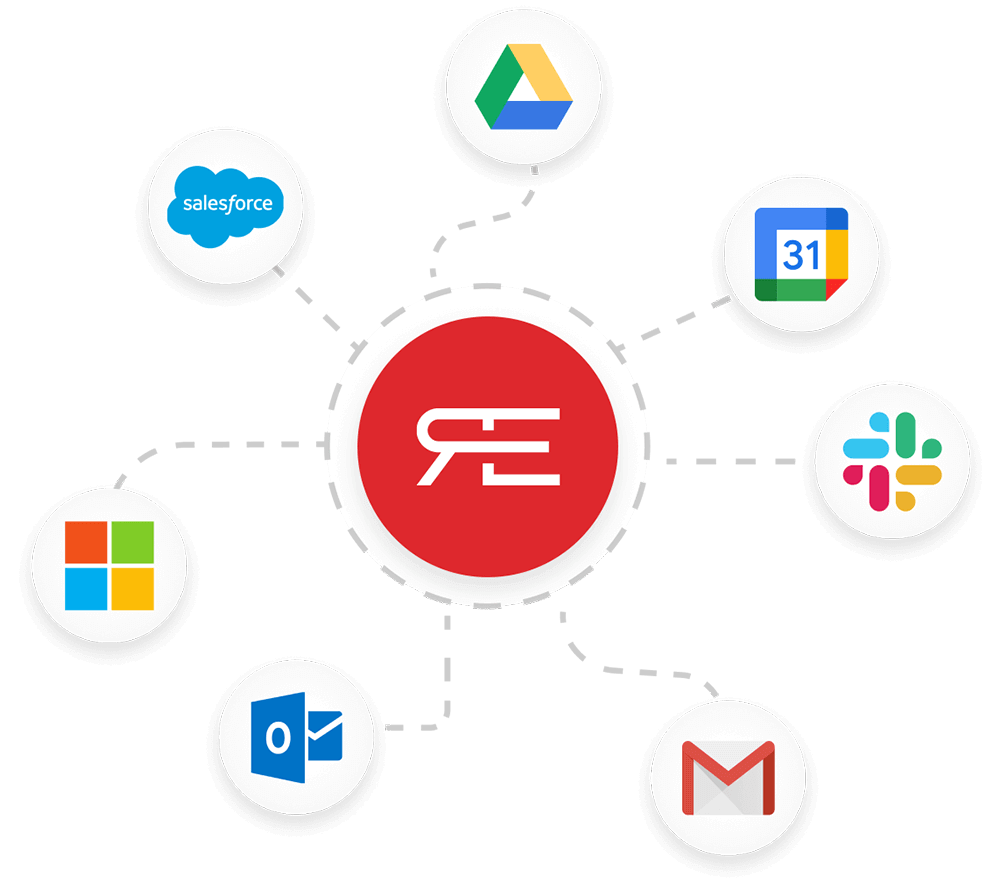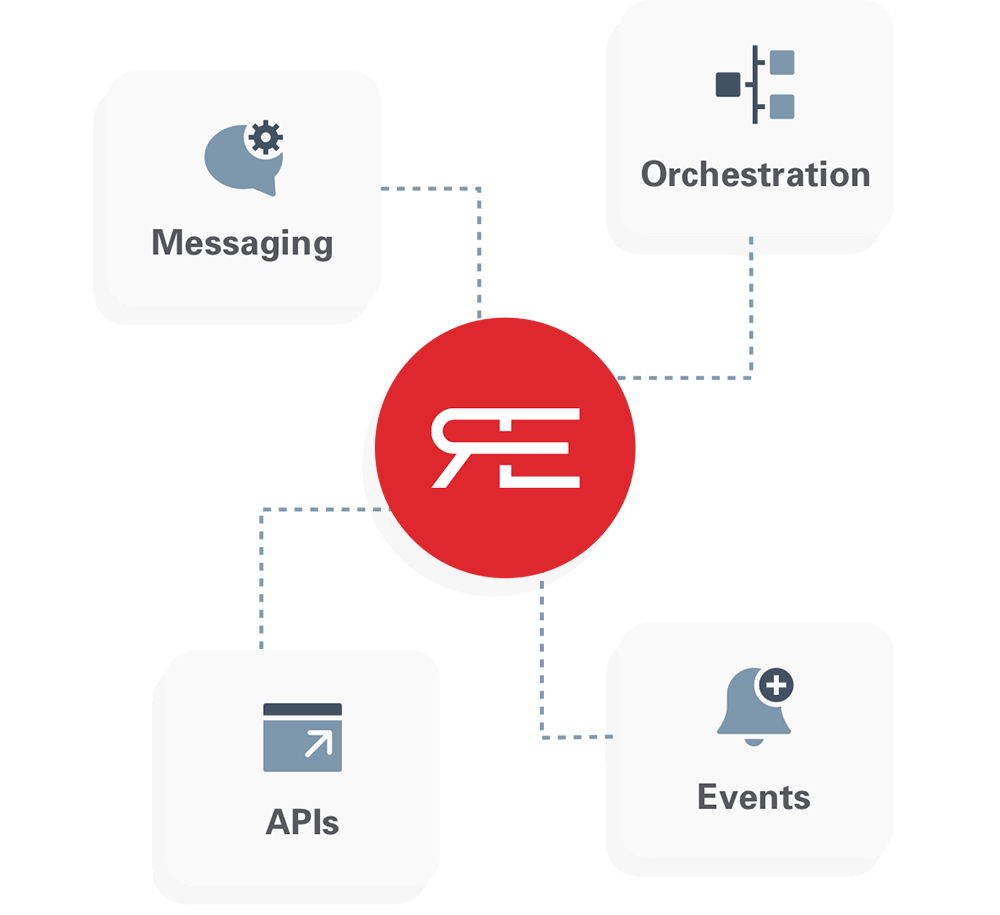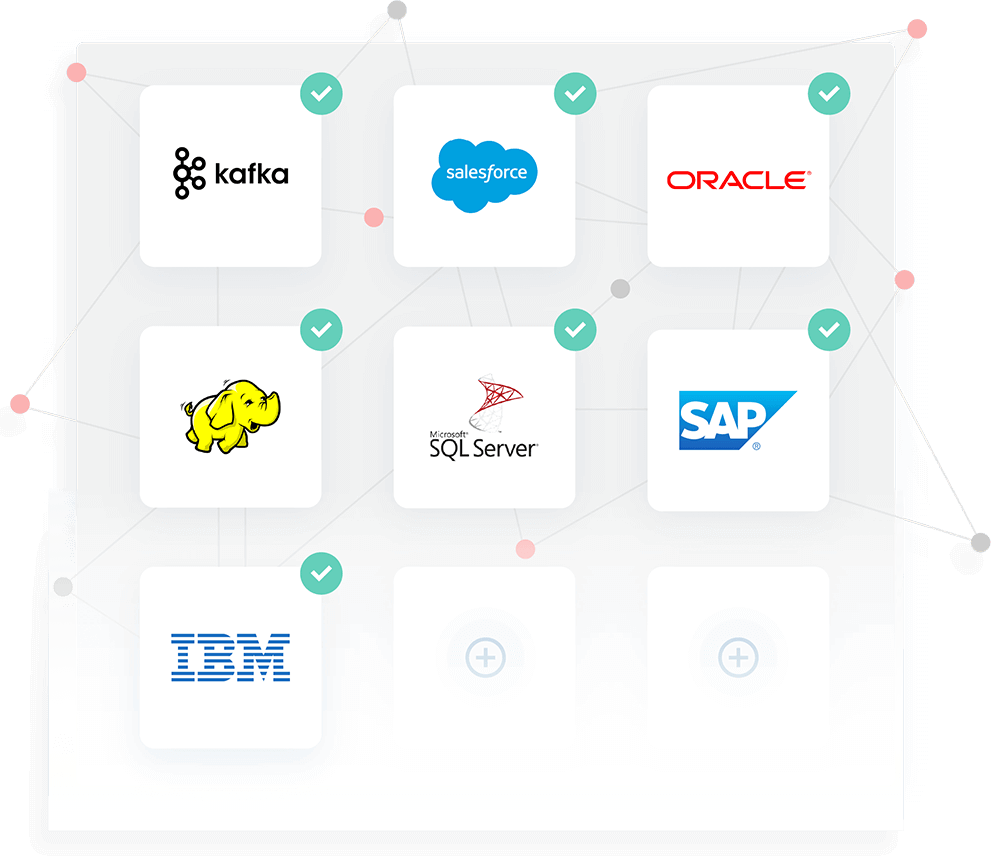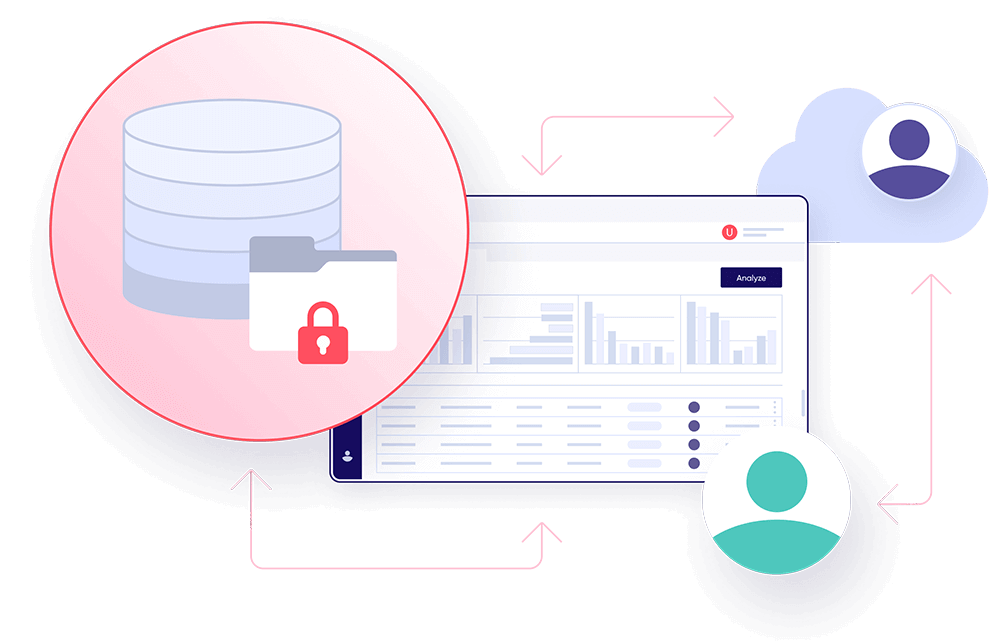Businesses Trust Us with their Custom Needs
Developing a custom software solution can be a daunting task. Finding the right team and even harder to ensure they understand your specific needs and requirements is challenging.
Our experienced professionals will work with you to develop a custom solution that meets your specific needs. We have the expertise to develop solutions for any business or industry, and we're dedicated to ensuring that you're satisfied with the final product.
Our experienced professionals will work with you to develop a custom solution that meets your specific needs. We have the expertise to develop solutions for any business or industry, and we're dedicated to ensuring that you're satisfied with the final product.



















